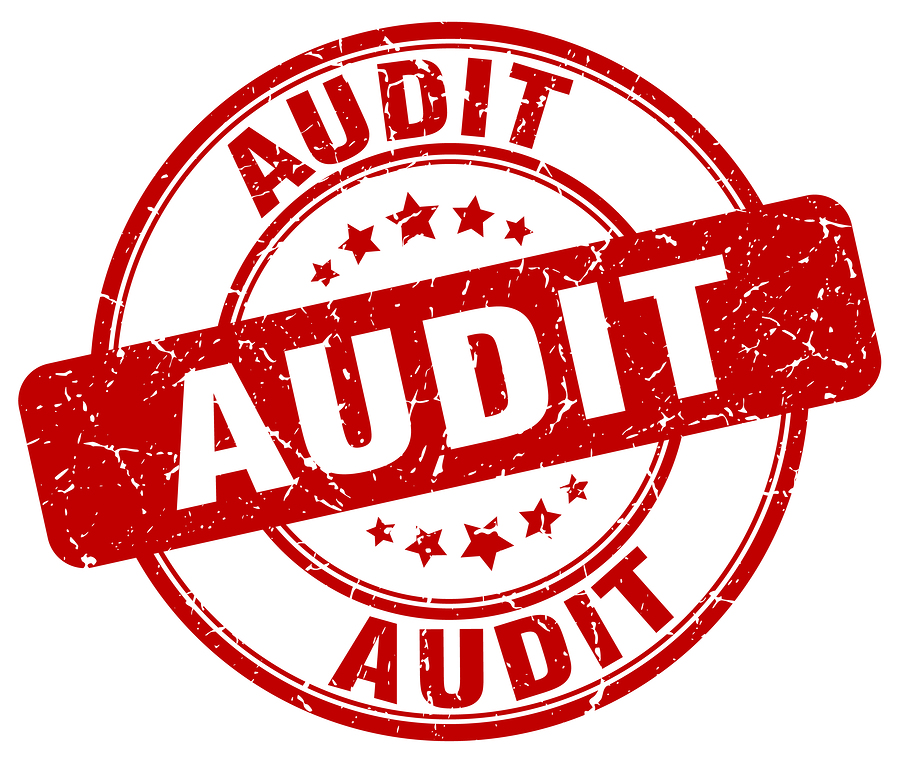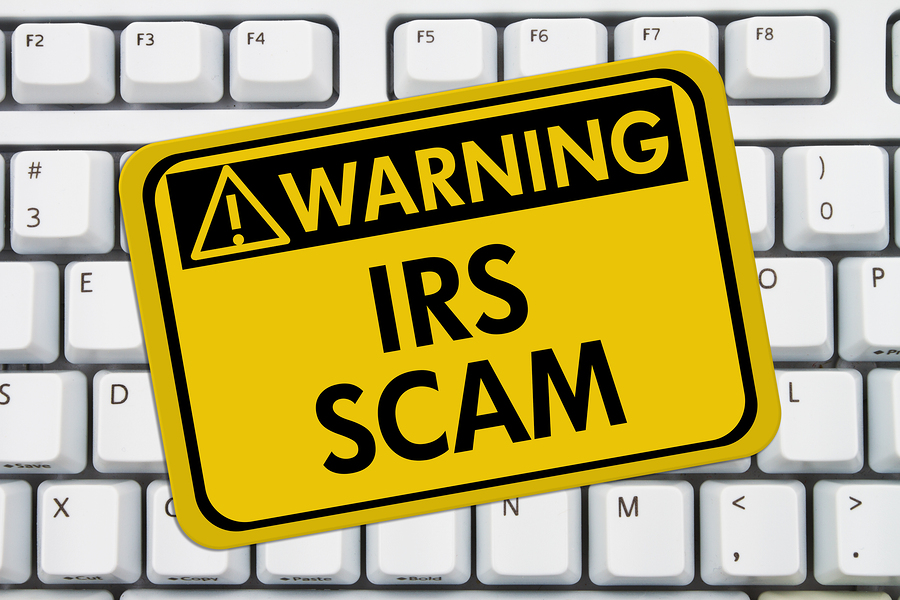After you file your tax return, you should have your refund within 21 days. Often, it’s faster than that, but not always. Here’s how to check on your refund.
First step: the quickest and easiest way to check on your refund is through the IRS website. Go to www.irs.gov and click on the “Where’s My Refund?” icon. You will need your social security number, your filing status (single, head of household, etc.), and the exact dollar amount that your refund is supposed to be for. You must have that information to get any kind of an answer.
From there, you’ll know whether or not your refund has already been sent, is still being processed, or if there’s something else holding up your money. A common example of that would be if you owed back child support and the state stepped in to take your federal refund to cover it. If you owe more than what your refund is for, then you won’t be seeing any of that tax money. If you refund is for more than the amount of the debt, you will eventually get the remaining balance, but it will take several weeks before you see it.
Let’s say that you don’t have an outstanding debt, and the IRS site says that you’ve already received your refund. Then what do you do? First, check to see if it was direct deposited into you account. That happens to be quite common. Be sure to check your bank statements before you ask the IRS to put a tracer on your refund. Yes, that sounds like a “duh” sort of statement, but you’d be surprised how many people can’t seem to see that they’ve already gotten their refunds in their account.
If you did not have direct deposit but were expecting a check, the IRS can put a tracer on it. They can tell you where it was mailed to, if it was cashed, etc. They can even reissue the check if it was lost (after a specified period of time and some paperwork.)
One thing the IRS can’t help you with is a Refund Anticipation Loan (RAL) or Refund Anticipation Check (RAC). Let’s say you had your taxes done at a place that offers you a “bank product”, either they give you a loan against your tax refund or they take their tax prep fees out of your refund. Instead of getting your money directly from the IRS, you’re actually getting it through a third party-usually a bank that has an agreement with the tax company. If your refund is to be direct deposited into your bank account, then everything should be fine. There’s usually a two or three day delay between when the IRS says they issued the refund and when you actually get it from a service like this.
Sadly, many people who use that type of service don’t have bank accounts, and they pick up their checks directly from the tax company. If you had your taxes prepared on April 15th and expected to receive one of those checks, you could have been in for a rude awakening when you went to get your refund check on the 17th and found the tax office to be closed. In fairness, your big national companies will have an office open someplace,and someone there should be able to find your check for you. It just might take some hunting to find the right person to help.
Then, there are those companies that just completely shut down. That’s a little scarier. (Okay, a lot scarier.) Even though your tax preparer completely disappeared, all is still not lost, because he had to work with a bank in order to process your refund. A little detective work through your papers should get you a name and phone number of the bank processing the refund and connect you with your money. To be honest, it’s an agonizing process-computerized answering machines, being on hold for ages, “that’s not my department” answers, etc. You have to be pretty persistent, but you will eventually get your money.
In general, it’s best to put as few layers between you and your refund as possible, and you’ll be less likely to be hunting down your refund long after it’s due.



